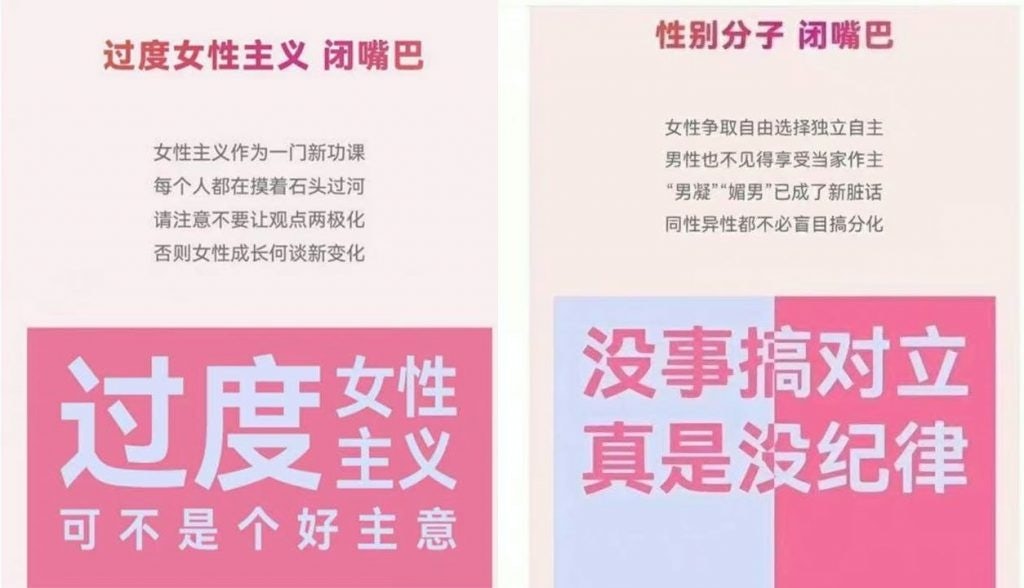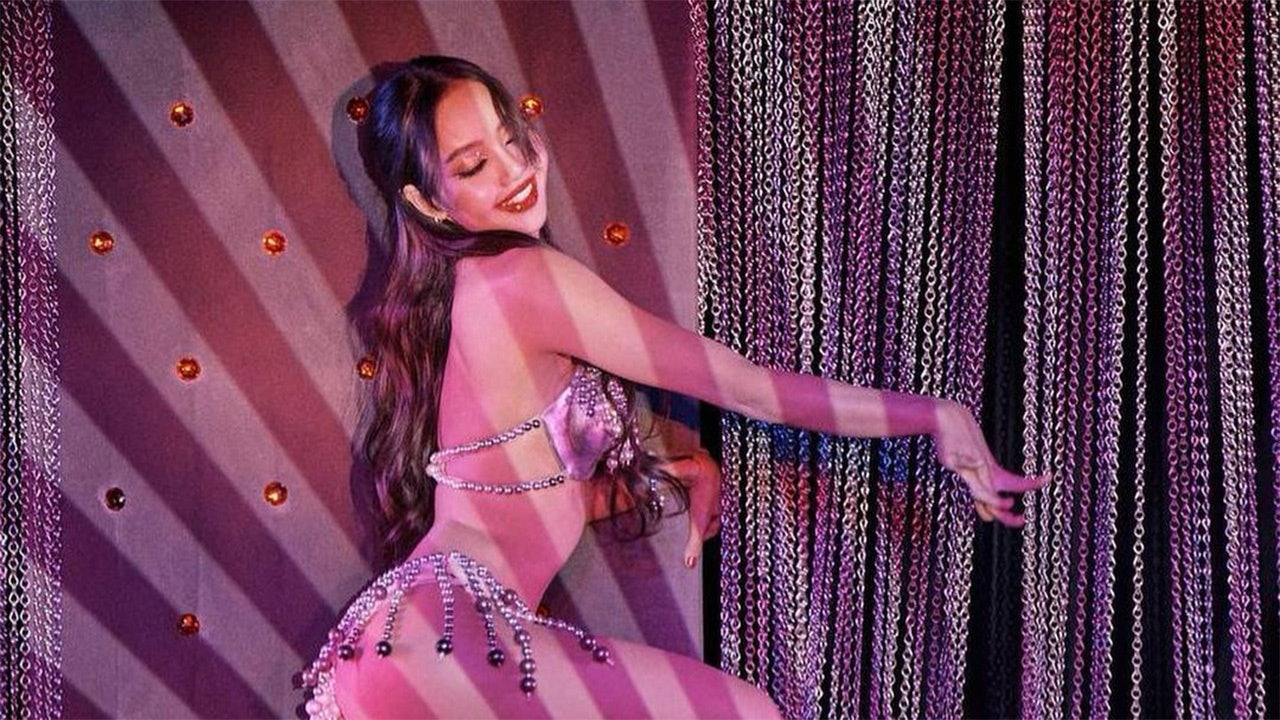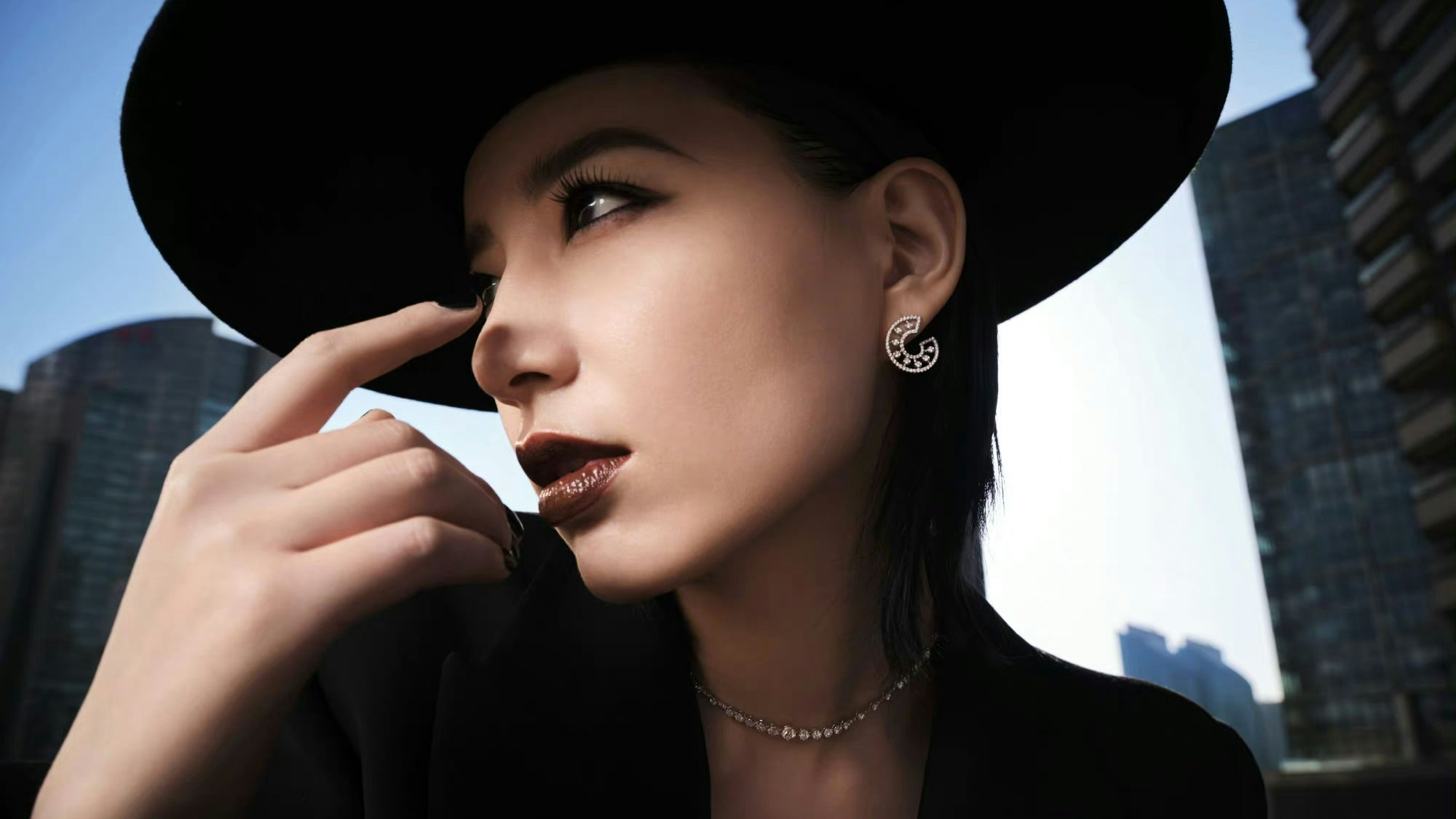While Paris Fashion Week runways have dominated headlines in recent weeks, it was another event in France’s capital that almost broke the internet.
A series of performances last week by K-pop girl group Blackpink’s 26-year-old Lisa (full name Lalisa Manobal) at Le Crazy Horse cabaret in Paris has sparked heated discussion across social media platforms in China.
Although Lisa didn’t bare all or go topless at the venue renowned for nude burlesque shows, online debate in China centered on morality and whether an Asian superstar like Lisa should perform what some consider a risqué dance.
Viral social impact#
The hashtag "Lisa crazy horse show" (#Lisa疯马秀) has 180 million views on Chinese platform Xiaohongshu, and the same hashtag on Weibo has 164 million views.
The furor peaked last week just after the shows, when it emerged Chinese actress Zhang Jiani was spotted in the audience — she became the subject of criticism for attending the show.
Lisa, meanwhile, posted images of her performance to her 98.5 million Instagram followers on Wednesday this week, with her first post generating almost 7.3 million likes, and her second post 6.2 million, at the time of writing.
Her posts about the performances amassed a total of around 25.8 million likes, with the majority of the comments being positive.
Lost in translation#
In China, discussion topics ranged from women’s freedom and self-sexualization, to the male gaze and feminism. Some commentators lauded Lisa’s decision to perform cabaret as an expression of her artistic freedom, emphasizing that the burlesque style of dance is legal and has a time-honored heritage in France, and that Le Crazy Horse is a famed institution with high artistic values.
Other netizens voiced concern that Lisa’s risqué performance would negatively influence her massive young following. Some went a step further, criticizing her for objectifying herself as a sexual object (as an Asian female) to the Western male gaze.
At the core of the debate is Chinese perceiving cabaret as a lewd business that goes against societal norms. As seen from social media responses, many Chinese women consider it a deeply misogynistic profession in which those from lower socioeconomic backgrounds are easily exploited by men.
The female empowerment aspect of cabaret or burlesque in Western culture does not resonate with many of Lisa’s fans in China — a country where striptease dance is not only banned but also viewed as reinforcing the subordinate status of women.
“Under the current patriarchy and male-centered world, the concept of ‘bodily autonomy’ for women is nothing but an illusion. Don’t marvel at how beautiful her body is, as this is a Western neoliberal mental trap targeting semi-awakened independent women,” posted Xiaohongshu user Shenyanxiaoda (深言小达).
Several netizens cited the history of Western sexual imperialism and decades of exploitation of Asian women all around the continent. It is well documented also that Asian women are still hypersexualized today in the West.
Others, however, argued that the heated response condemning Lisa’s Le Crazy Horse show was overly dramatic and judgmental, especially considering that the performance wasn’t even in China.
“Only Chinese people seem to care?” Weibo user ChenxiStanley (陈曦Stanley) asked rhetorically. “Is it because China has the highest moral standards in the world? Who do you think you are?”
Celebrity collateral damage#
It wasn’t just Lisa who faced backlash on Chinese socials. Netizens, mostly women, accused Chinese actress Angelababy (105.2 million followers on Weibo, and brand ambassador of Roger Vivier, Breitling, Tiffany & Co. Series T, Charlotte Tilbury), who was spotted near the premises, of reinforcing gender inequity and the objectification of women. (Crazy Horse later denied Angelababy's appearance at Lisa's performance.)
Critics argued that because of her massive Gen Z and Alpha following, Angelababy’s alleged presence glamorized cabaret as a form of high art, thereby potentially distorting ongoing dialogue about gender and morality in China.

Some pointed to Article 8, Section 4 of China’s Management Measures for Performers (演出行业演艺人员从业自律管理办法) guideline, introduced in February 5, 2021, which prohibits performers from engaging in activities deemed obscene. As Lisa is Thai, most comments were directed towards Chinese citizens Angelababy and Zhang Jiani.
While China isn’t free from female objectification, the type of female hypersexualization prevalent in Western pop culture isn’t quite as popular in China’s mainstream. Sex may sell in Western markets, but in mainland China, more conservative attitudes persist and the feminist movement differs substantially. Striptease for burlesque, for example, is not regarded as a respected art form in the country.
Consumerism and culture: Ambassadorships and brands#
China's "she economy" is flourishing as women gain more financial and social power. This has impacted various industries, especially luxury, fitness, beauty, home and pet accessories. But female empowerment in China is not of the same ilk, nor does it follow the same arc as in the West.
With an increasing number of women in China prioritizing education and their career, and delaying childbirth, the marketing milieu for foreign brands courting Chinese women is markedly different.
From a brand perspective, poorly expressed gendered marketing mishaps can damage a brand.
Maia Active’s 2023 WeChat campaign to celebrate the Women's Festival ironically drew fury and accusations of misogyny. Some customers even returned purchases and called for boycotts against the domestic sportswear label.

But if done well, the messaging of empowering women can reap great rewards, as shown by local brand Neiwai’s viral campaign in March. The video, titled “A Letter In Motion: My Body to Me,” captured women’s struggles in today’s China through beautifully choreographed dance movements.
But back to the pop star phenomenon that is Lisa, who is one of the most bankable ambassadors in fashion and luxury today. The youngest Blackpink member has major deals with Bulgari, Celine, Mac, Adidas, Penshoppe, AIS Thailand, Chivas Regal and South Korean cosmetics brand Moonshot.
While the uproar surrounding her performance provides valuable insights for brands and celebrity ambassadors in China, it is unlikely to significantly dent her personal brand. For less popular celebrities, whose transgressions may be more serious, cultural differences and misunderstandings can result in serious reputational damage.
And however much society has changed in the past decade or two, China’s approach to gender norms and sexuality is still markedly different from that of the global north.

